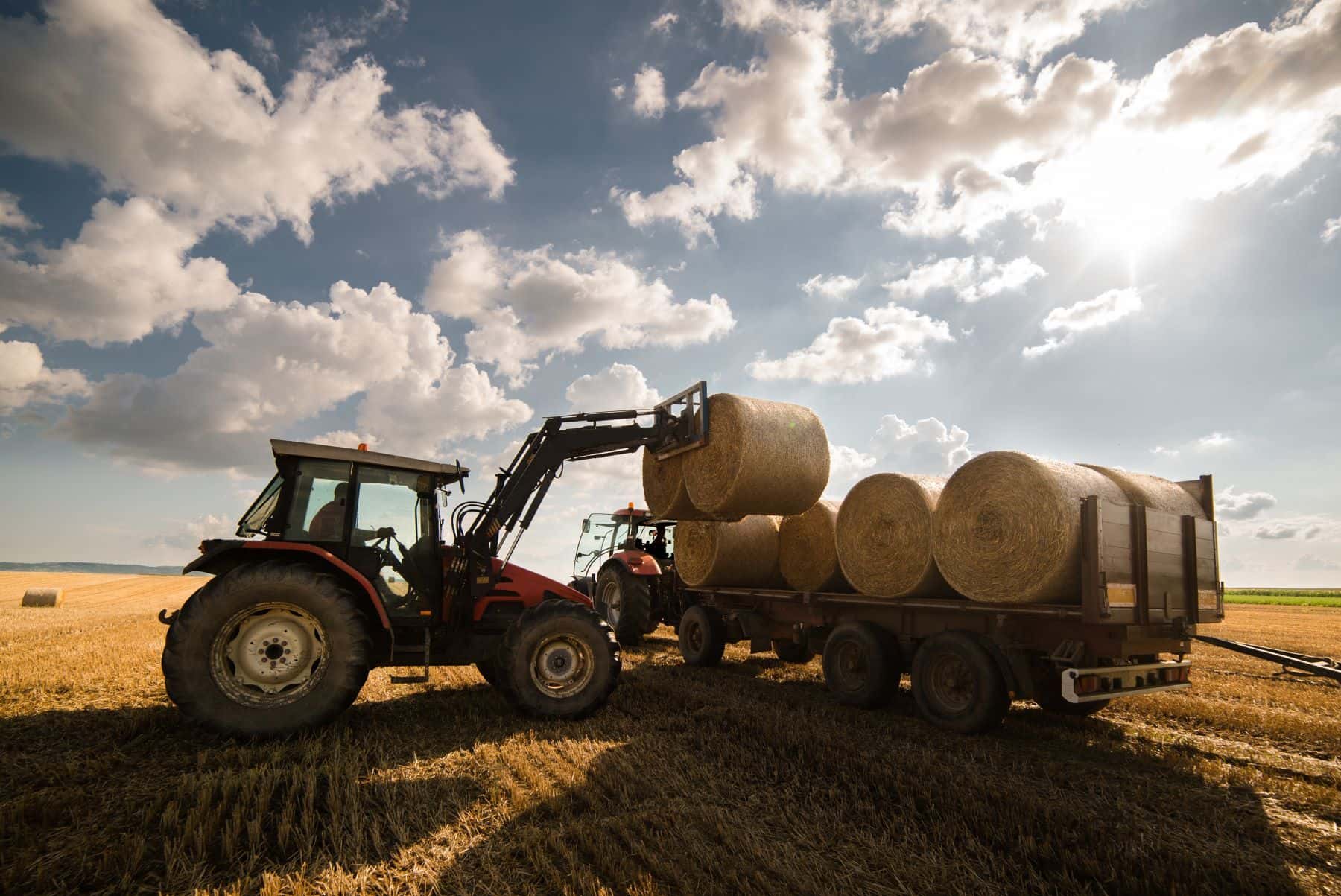Negligence in Cargo Securing Leads to Severe Injury
This case study delves into an incident where a worker was severely injured by unsecured cargo, highlighting the importance of adhering to safety standards outlined by the Federal Motor Carrier Safety Act (FMCSA).
Updated on
Case Overview
This case involves an individual employed by a prominent oil and gas conglomerate who sustained severe injuries during an assignment outside their regular job duties. The plaintiff and a colleague were instructed to collect bales of hay from a retailer for erosion control purposes. Upon reaching the retailer's premises, they were directed to load the required hay cubes from tractor-trailers.
Each hay cube weighed approximately 400 pounds and was allegedly stacked without any securing measures to prevent them from falling. During the unloading process, one of these heavy cubes fell on the plaintiff, causing significant injuries. The central issue in this case is determining whether the hay retailer's negligence in adhering to safety standards outlined by the Federal Motor Carrier Safety Act (FMCSA) contributed to this incident.
Questions to the Trucking expert and their responses
Please describe your familiarity with the Federal Motor Carrier Safety Act as it relates to this incident.
With over four decades of experience in trucking and transportation management and safety, I have extensive knowledge of FMCSA Regulations, including those related to cargo securement.
As part of my consultancy role in transportation safety and compliance, I conduct risk assessments, develop policies and procedures, provide training sessions, review contracts, and ensure compliance with various regulations including those set forth by FMCSA.
What safety standards were not met here as outlined by the Federal Motor Carrier's Safety Act that could have prevented this incident?
Several safety standards outlined by the FMCSA could have potentially mitigated this incident. Specifically, 49CFR part 393 subpart I sec 100-136 covers regulations on securing cargo to protect against shifting and falling. Additionally, OSHA’s General Duty Clause, Section 5(a)(1), which requires each employer to provide a workplace free from recognized hazards that are causing or likely to cause death or serious physical harm, may also apply here.
Have you ever reviewed a similar case? If yes, please elaborate.
As an expert in transportation safety, I have reviewed numerous cases involving cargo securement and the associated regulations. Each case presents unique circumstances, but the common thread is often a failure to adhere to established safety standards.
About the expert
This expert boasts over four decades of experience in trucking and transportation management and safety, holding an MBA in Transportation Management and a Master's Certificate from the US Department of Transportation Motor Carrier Safety Management Program. They have served as a Director of Safety at multiple logistics companies and currently hold a similar role at a prominent trucking company while managing a transportation safety and compliance consultancy. Their extensive career, marked by recognition as a Safety Professional of the Year in two states, positions them as an authority on matters related to transportation safety standards, including those outlined by the Federal Motor Carrier Safety Act.

E-484860
Specialties:
Subscribe to our newsletter
Join our newsletter to stay up to date on legal news, insights and product updates from Expert Institute.
Sign up nowFind an expert witness near you
What State is your case in?
Subscribe to our newsletter
Join our newsletter to stay up to date on legal news, insights and product updates from Expert Institute.


